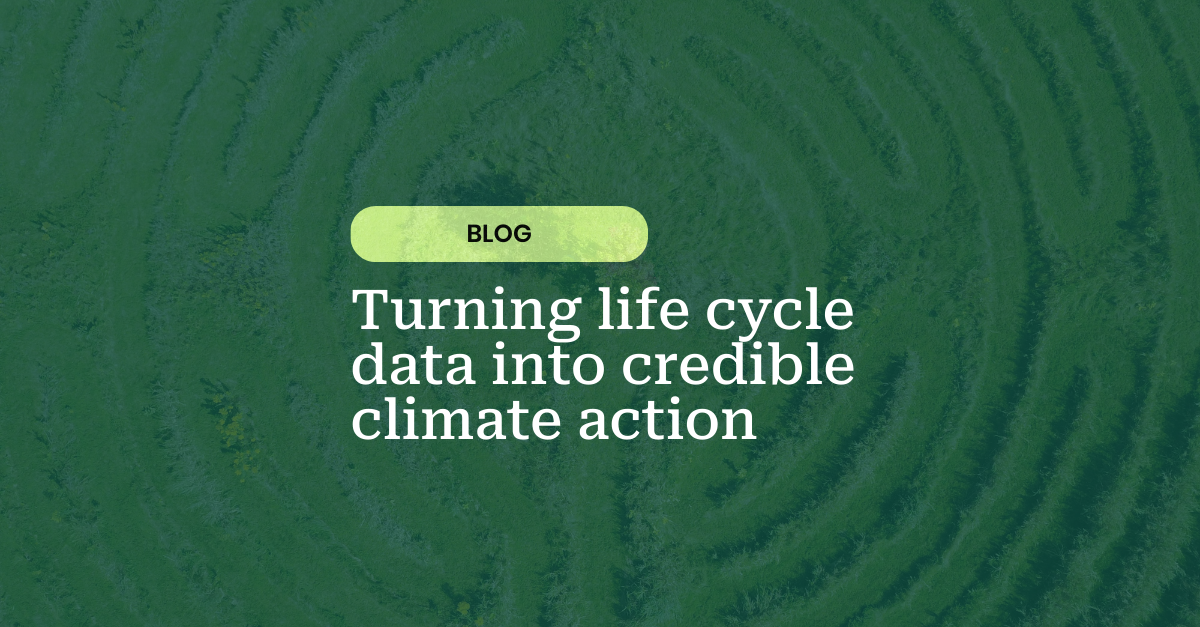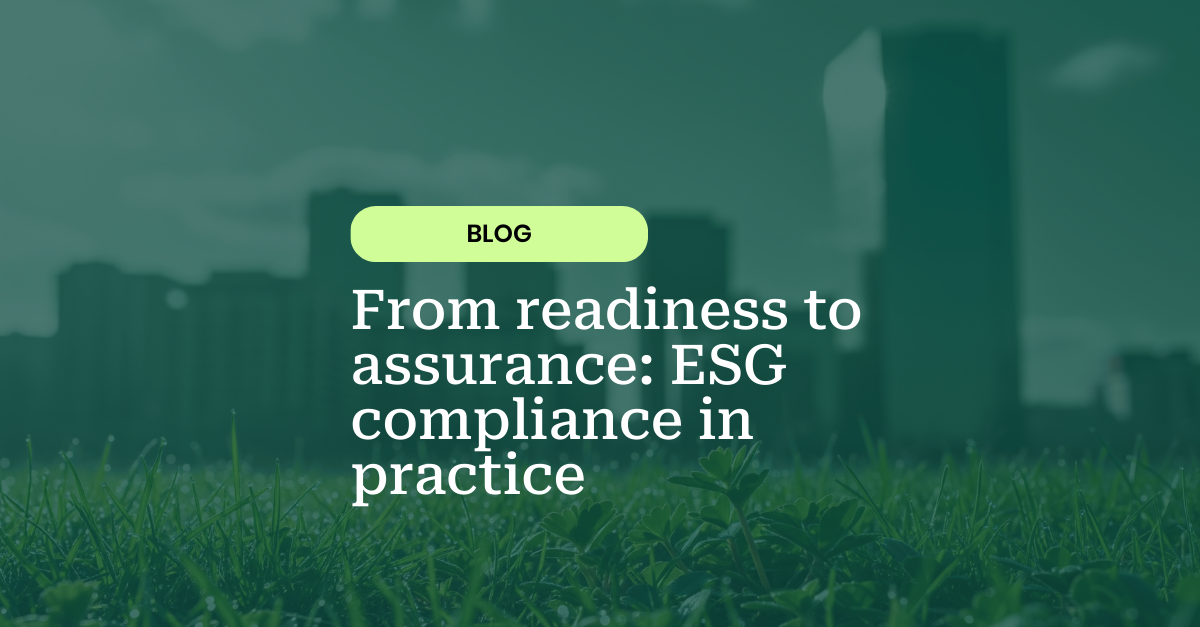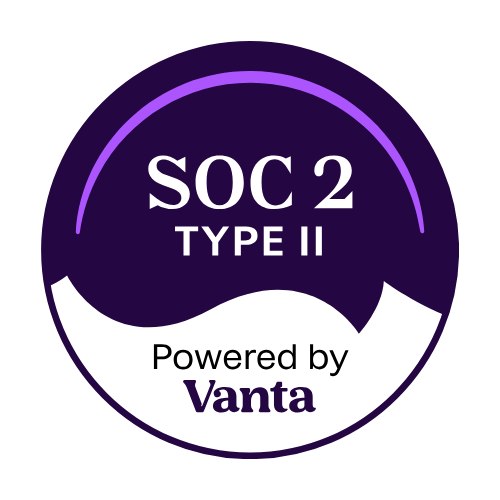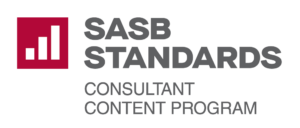California climate disclosure regulations continue to evolve. For the most up-to-date compliance information, please visit this page.
Table of contents
The California Air Resources Board (CARB) issued new FAQs on July 10, 2025, providing long-awaited clarity on the state’s landmark climate disclosure laws: SB 253 and SB 261. These clarifications help define compliance expectations, reporting timelines and public disclosure mechanisms, especially for companies working to meet California’s climate reporting requirements.
Who released the update and why?
CARB, the regulatory agency responsible for overseeing California’s climate programs, released the FAQs to respond to widespread questions from businesses affected by the new laws. The guidance is designed to support compliance efforts ahead of the 2026 deadlines and promote consistency across reporting practices.
What does the update say?
The FAQs confirm the following:
- SB 253 reports, which focus on greenhouse gas emissions, are still due in 2026. The exact due date has not yet been announced.
- SB 261 reports, which require companies to disclose climate-related financial risk, are due by Jan. 1, 2026.
- Starting Dec. 1, 2025, CARB will post a public docket where companies must submit a link to their publicly available SB 261 climate risk report. The docket will remain open through July 1, 2026, serving as a centralized location for the public, regulators and other stakeholders to access the reports.
Why is this important?
These two laws represent the first large-scale climate disclosure requirements in the United States. They will require thousands of U.S. companies doing business in California to report both their carbon emissions and their exposure to climate risk.
The December 2025 docket for SB 261 marks a significant development. Companies are not only required to publish a report but must also make it easily accessible in a centralized location. This change will make climate-related data more visible, increasing accountability and public oversight.
Why should companies care?
Compliance is mandatory. Failure to meet the requirements can result in financial penalties, reputational harm and lost trust from stakeholders. With less than six months until the first SB 261 reporting deadline, businesses must move quickly to assess climate risk and produce a transparent, accurate report.
This update also signals that climate reporting will soon carry the same level of rigor as financial disclosures. Companies that are unprepared may find themselves behind their competitors or facing public criticism.
What should companies do now?
In light of this update, companies should:
- Complete climate risk assessments and align disclosures with industry standards such as the Task Force on Climate-related Financial Disclosures (TCFD).
- Ensure reports are clear, verifiable and supported by data.
- Identify a public location for hosting the SB 261 report and prepare to submit the link to CARB’s docket beginning Dec. 1.
- Monitor for future updates from CARB regarding SB 253 deadlines and assurance requirements.
How Greenplaces can help
Greenplaces provides software and expert support to help companies meet climate disclosure requirements with confidence. Our platform automates greenhouse gas emissions tracking, models climate risk scenarios and prepares reports that align with SB 253, SB 261, CDP, TCFD and other frameworks.
We support clients through every step of the compliance process, from materiality assessments to decarbonization strategy to public disclosure. Whether you need help calculating Scope 3 emissions or preparing for third-party assurance, Greenplaces makes climate reporting more efficient and effective.
Looking for answers to your FAQs on SB 253 and SB 261? Check out this blog →




